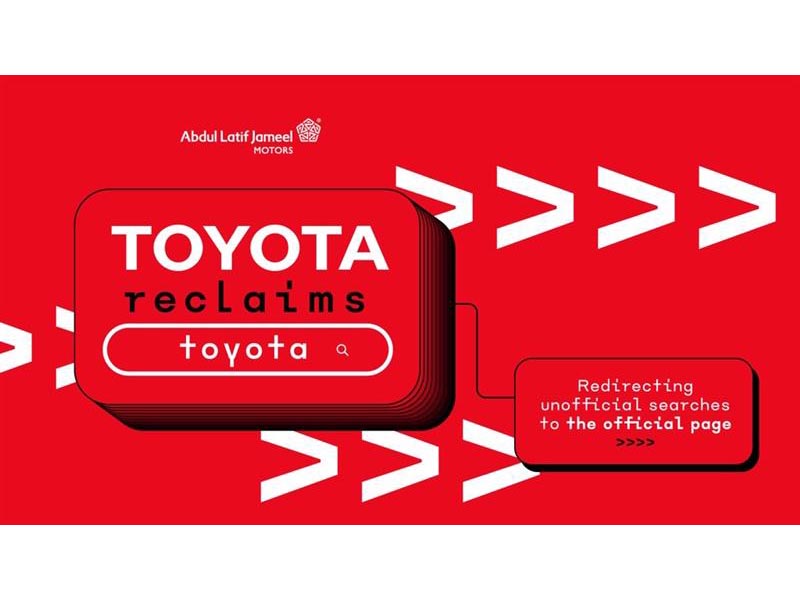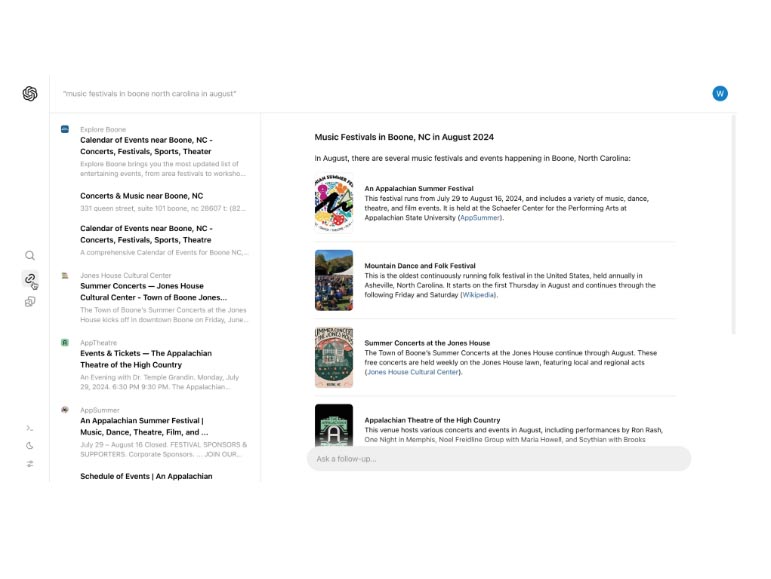News - Digital/Tech
The Impact of AI-Generated Content on SEO: Does it Really Work?
by Kenan Baki, Serviceplan ME
October 5, 2023
.jpg) Advertisement
AdvertisementAI-generated content has become a dominant force in the world of SEO, revolutionising the way websites create and rank content. While the rise of AI-generated content may seem like a recent phenomenon, it's important to note that SEO professionals have been utilising AI tools for years to assist in content creation and keyword optimization.
Does it work for SEO? Does Google punish AI content?
When it comes to SEO, the underlying principles remain the same: high-quality content that is unique, informative, and reliable will rank. AI-generated content, despite its automated nature, can still serve the purpose if it meets the relevant criteria. The content ranking factors have not changed with the emergence of AI-generated content. Google has announced that they can detect an AI written article, and have stated that they reward high-quality content, no matter how it was produced. Therefore, if you leverage AI to create valuable content for your website that complies with Google’s E-E-A-T principles (experience, expertise, authoritativeness, trustworthiness) there's no reason why it shouldn't rank and drive organic traffic.
What should I be aware of? Do's and don'ts:
While AI-generated content can be useful, it's important to exercise caution and take certain measures before creating and publishing it. Consider the following factors:
- Quality: AI-generated content should not be a copy-paste job. It requires thorough revision and refinement to address any repetition or mistakes that might have been generated. Investing time in editing and enhancing the content will ensure its quality and reliability.
- Reputability: AI tools gather information from various sources on the internet, which means there is a possibility of generating incorrect or opinionated content. It's important to fact-check the content and avoid publishing false or misleading information, especially if your website falls under the “Your Money or Your Life” (YMYL) category. Verify the accuracy of the generated information to maintain your website's credibility.
- Uniqueness: AI tools gather information from previously written content that is available on the web. If you are relying purely on content that was generated by AI tools, you will risk publishing already existing content. It is a fact that search engines prefer well-established and time-tested content that is older, compared to similar content that is newer. This is a major obstacle for content that does not introduce anything new to the web table. You also risk publishing plagiarised content, which is strongly discouraged as it can harm your rankings and, even worse, your reputation.
How to correctly utilise AI tools to create rich, informative, and ultimately successful content:
A simple rule of thumb: garbage in - garbage out. Providing a vague prompt to the AI tool without additional information or context will yield subpar results. Instead, feed the tool with useful information by conducting thorough research on the topic. Present this information, along with reliable sources, when writing the prompt to guide the tool in generating high-quality content.
Conduct your own keyword research: While AI tools can offer keyword ideas, they do not have access to any search data. It's important to conduct your own keyword research. Once you have conducted the appropriate research, provide the tool with your chosen keywords to help optimise the content effectively or give you a general idea on how to optimise the content yourself.
Use the output as an outline: Treat the AI-generated content as a starting point or outline for your final piece. Tailor the content to engage users and resonate with your target audience. Remember, you are creating content for your users, not for search engines.
AI-generated content has firmly established its position in the SEO and digital marketing landscape and is here to stay. By leveraging AI tools effectively, SEO professionals can streamline content creation processes, enhance productivity, and gain valuable insights. However, it's crucial to uphold the fundamental principles of SEO: quality over quantity. Focus on creating informative, engaging content that attracts and satisfies users. This will effectively result in an increase in user stickiness, average time spent, and help maintain a low bounce rate.
Incorporating and utilising AI-generated content into your SEO strategy can provide a competitive edge, but it's important to remember that AI is just a tool and not a replacement for human creativity and expertise. Embrace AI while maintaining the core principles of SEO, and you'll be well-positioned for SEO success in the evolving digital landscape.



.jpg)










